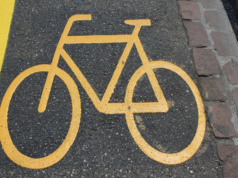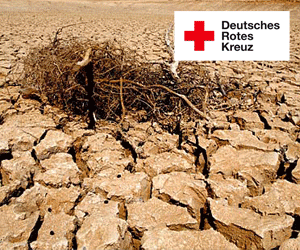Ever searched for an open public WiFi network in Germany? It’s like finding a needle in a haystack. And there’s a very good reason for this – as one would expect in Germany. There’s a law. But it seems the German government may be working on a series of reforms to make public WiFI less of a legal burden for providers and more accessible to consumers.

Germany lags behind in terms of public access to WiFi
According to Reuters, Germany is seriously slacking on its public WiFi game. There are roughly 1.87 WiFi hotspots for every 10,000 German residents. In South Korea, that figure is 37.35 for every 10,000 and in the UK the figure is 28.67 and in Sweden: 9.94.
Legal risks too high under current law
A significant barrier to any institution offering public WiFi was the legal risks associated with it. Currently, the law holds providers of free, unprotected WiFi networks accountable for any crime that was committed using their Internet connection – such as downloading music, movies or files, for example. The law still holds up even if the WiFi provider was not involved in any way. So, for example, if someone is sitting at your café and downloads the new Beyoncé album illegally, the Queen herself can sue your café.
This is discouraged businesses in Germany from offering free public WiFi. One government study, for example, found that nearly 60% of German companies do not offer a hotspot to users because of the fear of being held accountable for the user’s actions
Government plans to release open network WiFi providers from legal ramifications
Recently, however, the German government has announced they are planning to reduce this risk by relieving network providers from the legal burden. The ministry would ideally want any owners of places such as hotels, restaurants and cafes to be exempt from any and all costs for court proceedings if a user of their WiFi network does something illegal online. Under this bill, authorities will also be unable to impose password protection for providers.
The Economy Ministry, who are responsible for framing and introducing the amendment, have said this will also help to aid the government’s focusing on improving digitalization in Germany. Currently, the country is lagging behind in this sector compared to other countries, especially due to its dependence on the “old economy” such as cars.
Following after an EU court decision
The draft proposal to reform the WiFi liability law comes after a September ruling by the European Court of Justice – known as the amendment to the Telemedia Act – which states Wifi providers should not be held accountable for the actions of third parties. However, according to the text, “a court or a national authority can issue an order against a Wi-Fi provider to prevent the repetition of an infringement.”
One way to keep things kosher is to ask users to reveal their identity in order to access the Internet. Another is to block websites that are deemed necessary by the authorities.





















